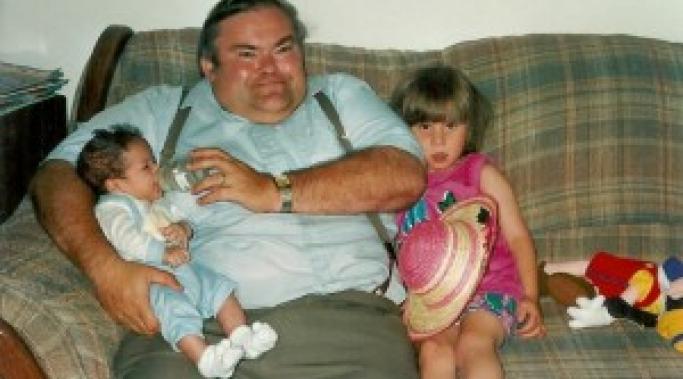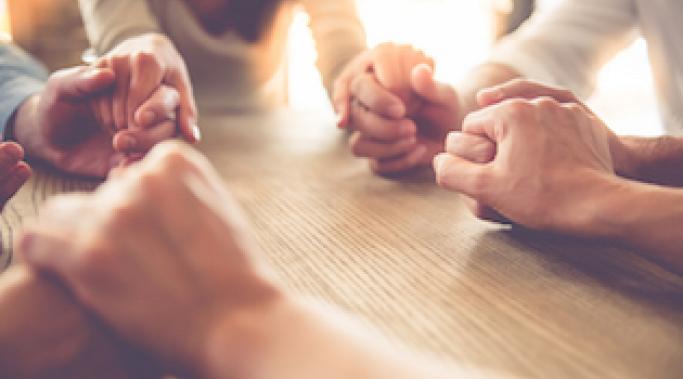Blogs
Let's face it--Facebook attracts some toxic people and you need to know how to handle toxic people on Facebook. Whether they're posting belittling comments or mocking any honest, heartfelt post, they leave you feeling worse than before you read their comment. There are three major types of toxic people on Facebook, and the good news is there are ways to deal with people with issues. Here are the three toxic people on Facebook and how to handle them.
A setback in mental health recovery is a challenge because many have this idea that recovery must be perfect. The rhetoric tends to be that we’re strong when we’re recovering and we’re weak if we have a setback; I’ve even had someone tell me she was strong enough to avoid mental illness relapse. The way I see it, though, a setback in mental health recovery -- and mental illness as a whole -- is not that simply defined.
Believe it or not, jealousy during grief is a normal reaction. Many of us have grieved over the loss of a close friend or relative. After such a loss, we do not always know what to think. It is normal to be in denial for awhile and then just out of the blue feel extremely bitter. In fact, we can feel so lonely that we might even feel jealous of everyone who still has their best friend or relative. After losing my father, jealousy, a normal reaction, has been a big part of my grieving process.
Knowing when you'll need to cope with posttraumatic stress disorder (PTSD) triggers in social settings is an unpredictable aspect of posttraumatic stress disorder. Despite knowing many of the situations where encountering a PTSD trigger is likely, there is no way to anticipate or to avoid every trigger (PTSD Recovery: How to Cope With Triggers). PTSD triggers that occur in social situations call for a toolkit of coping strategies that you can use even when it isn't practical to leave the group setting.
Most people are unlikely to create life-goals that accept anxiety because anxiety can be unbearable physically, mentally, and emotionally. Chances are, you’d prefer your life to be anxiety-free. Of course you would; that’s a very natural thing to want, especially if living with anxiety has you feeling overwhelmed, stressed and exhausted. Creating life goals is an important component to accepting anxiety, but living anxiety-free isn’t an effective part of life goals. It’s okay if your life goals accept anxiety. Here’s why.
EMDR treatment, or eye movement desensitization and reprocessing, can help eating disorder recovery (EMDR: Treatment for PTSD). What are those four strange letters and how can they help me, you might ask? EMDR, which is performed by someone licensed and trained in EMDR, is a rapid eye movement therapy usually associated with posttraumatic stress disorder (PTSD) because it works to treat trauma. According to the director of the New York Center for Eating Disorders, 40-60% of men and women who they treat for eating disorders have experienced sexual abuse. Since sexual abuse is traumatic, EMDR can help on the road to eating disorder recovery.
When you let stigma be a barrier to a full life, it means you are letting stigma win. By resisting stigma and fighting it, not letting it be a barrier, you are taking control of your life and will be on your way to mental illness recovery. Relationships and employment are not privileges, they are a right. As a human being you not only don't have to put up with stigma, you also have a right to find work, make a living or supplement your income, and have healthy relationships. In other words, it is important not to let stigma be a barrier to a full, happy and productive life.
One treatment for my posttraumatic stress disorder (PTSD) I am interested in is called emotional freedom technique (EFT). It’s a relatively new treatment – developed in the mid-90s – for various psychological issues and disorders. From what I have read about it, EFT for the treatment of PTSD symptoms seems to be gaining some momentum as a complementary and alternative medicine (CAM) practice.
I don’t know anyone who likes to ask for help from their bipolar support system. No one wants to feel like they can’t handle things on their own or like a burden to others. The impact that mental health conditions such as bipolar can have on our lives requires us to seek help (Asking for Help Because of Bipolar). This is where having a bipolar support system that is equipped to help you comes in handy and you must help your support systemp in order to allow your support system to help you.
You don’t need schizoaffective disorder to wish you had the ability to go back in time to see if things would have worked out differently if you had known when you were younger what you know now. I’ll be honest with you, not a day goes by that I don’t wonder--if I had made different choices in my teens, would I still have gotten schizoaffective disorder (Causes of Schizoaffective Disorder)?










I believe she will only be able to rid herself of her demons, and hopefully her BPD as well, when she's ready to confront the abuse of her father. If she can put the blame where it belongs, she may stop projecting that victim/perpetrator cycle on the present men in her life. These demons are a metaphor for the purgatory she has created for herself. That reality has consequences in the real world, but it need not be real in the tangible sense. Exorcising her demons will require the expenditure of real physical energy and probably the destruction of aspects of her personality. If this ever happens, and it's possible but not probable, then these demons will evaporate. They are only as real as one's personality is real. In short, reality is not the question, it's what you make of the things you feel to be real.